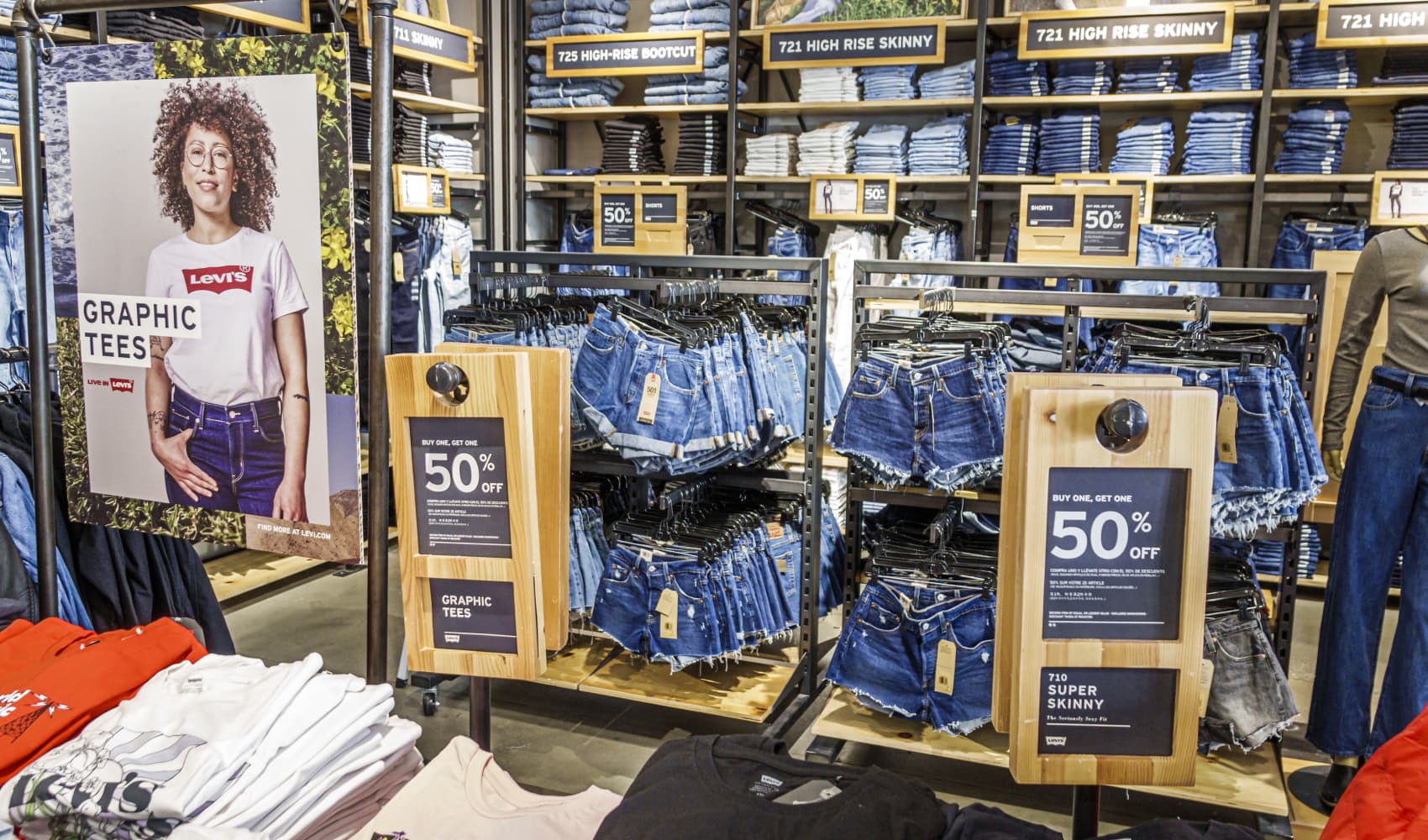

This report is from today's CNBC Daily Open, our international markets newsletter. CNBC Daily Open brings investors up to speed on everything they need to know, no matter where they are. Like what you see? You can subscribe here.
What you need to know today
Dow's best week
As Nvidia, Microsoft and Apple vied for the crown of the world's most valuable company, the S&P 500 reached new heights, touching an intraday record of 5,505.53 on Thursday and closing last week with a 0.6% gain. The tech-centric Nasdaq Composite remained flat, while the Dow Jones Industrial Average had its best week since May, rising 1.45%. The yield on the 10-year Treasury ticked higher and U.S. oil prices rose 2.9% for the week.
'Living wills'
U.S. banking regulators identified shortcomings in the "living wills" of four major banks — Citigroup, JPMorgan Chase, Goldman Sachs and Bank of America. These plans, outlining how the banks would be dismantled in a crisis, were deemed inadequate due to issues with unwinding their massive derivatives portfolios. Specifically, the banks struggled to demonstrate their ability to quickly test and adjust their unwinding strategies under different scenarios, raising concerns about their preparedness for potential financial distress.
More job cuts
Tesla has cut more than 14% of its workforce in 2024, reducing its global headcount to just over 121,000 employees. This figure, based on an internal email list, surpasses the 10% reduction announced by CEO Elon Musk in April. Musk hinted at even larger cuts, citing a 25-30% inefficiency level in the company. In a recent email, Musk announced the reinstatement of performance-based stock options for exceptional employees, a move potentially aimed at boosting morale and motivating the remaining workforce.
Get Tri-state area news and weather forecasts to your inbox. Sign up for NBC New York newsletters.
Apple AI Europe delay
Apple won't release three new features, including its flagship "Apple Intelligence" AI product, in the European Union due to regulatory concerns. The company believes that the EU's Digital Markets Act (DMA) antitrust regulation could force it to compromise user privacy and data security. The DMA aims to prevent major tech companies from acting as "gatekeepers" by requiring basic functionalities to work across competing devices and ecosystems.
Money Report
Sarepta soars
Sarepta Therapeutics shares jumped 30% after the FDA approved its gene therapy, Elevidys, for a wider range of Duchenne muscular dystrophy (DMD) patients. The expanded approval covers patients aged four and above significantly increasing the drug's market potential in the U.S. Tim Lugo, William Blair's head of biotechnology, forecasts Elevidys sales to reach $3 billion by 2025 and peak at $5 billion by 2027. DMD is an inherited progressive muscle-wasting disorder that affects an estimated one in 3,500 male births worldwide, according to the U.S.-based National Organization for Rare Disorders.
[PRO] Comeback stocks
The S&P 500 has soared to record levels, fueled by the AI boom, but not all stocks are riding the wave. Household names like Nike and Starbucks are lagging behind, however, those moves could reverse.
The bottom line
"Taking escalators up and elevators down" – this old Wall Street adage perfectly encapsulates Nvidia's recent market journey. In a mere 21 trading days, the tech giant added a staggering $880 billion to its market cap, briefly claiming the title of the world's most valuable company. Its descent proved just as dramatic, within two trading sessions following Tuesday's peak, Nvidia shares fell almost 7%, wiping out more than $220 billion in value.
With valuations appearing stretched and the stock seemingly "overloved," some are hesitant to buy in at current levels. Yet, Tom Lee, managing partner and head of research at Fundstrat Global Advisors, offers a contrarian perspective.
"Investors in general aren't comfortable buying things that are high," Lee said on CNBC's 'Power Lunch.' "But if we are mid-cycle, which I think we probably are, then we are going to be making a lot more highs over the next five years. There is a lot of statistical support showing buying at new highs actually has a better win ratio than trying to buy at lows."
Lee's bullish stance on Nvidia is rooted in the company's unique market position. Nvidia "is a 30 P/E stock that sells something that no one else produces in the world. I'd feel very differently If we were discounting Nvidia being larger than global GDP at 100 times PE and everyone saying there is no way it can be stopped. Because everyone wants to sell Nvidia and call the top, I feel there is a lot more upside."
This optimism isn't unfounded. Nvidia currently dominates approximately 80% of the AI chip market for data centers, with tech giants like OpenAI, Microsoft, Alphabet, Amazon, Meta and others scrambling for its processors to power their AI models. Competitors are finding it increasingly challenging to disrupt Nvidia's stronghold.
Lee has made many bold calls and he keeps getting them right as CNBC's Alex Harring writes.
Nvidia is still up 155% for the year, while the broader market has seen limited moves either ways. CNBC's Brian Evans reports that the S&P 500 has gone an unprecedented 377 days without experiencing a 2.05% sell-off – the longest such streak since the 2008 financial crisis, according to FactSet data. Notably, the index hasn't seen a gain of 2.15% or more during this period either.
— CNBC's Samantha Subin, Hakyung Kim, Brian Evans, Rohan Goswami, Alex Harring, Spencer Kimball, Lora Kolodny and Hugh Son contributed to this report.






